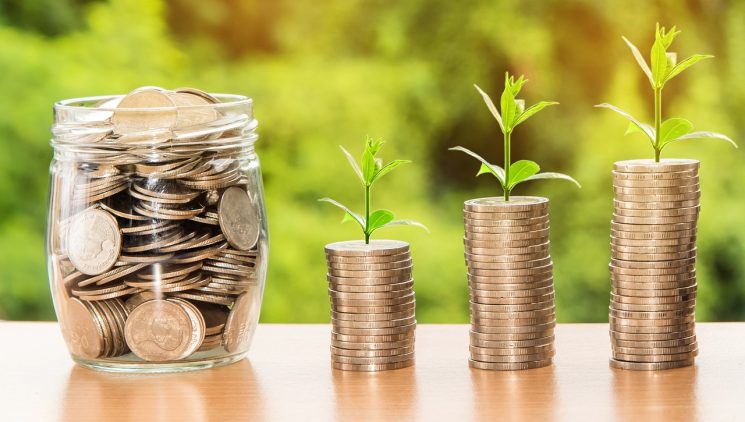Countries all over the world have had a difficult time throughout the last few years as they try to recover from the Covid pandemic and various other factors that have caused both economic and political issues – especially the UK. With the price of goods and services rising, it is becoming increasingly challenging to live comfortably, with many wondering how they are going to heat their homes this winter. But what has caused the UK to end up on the road to a financial crisis? Read on as we take a look at some of the key factors.
If the economy is having an impact on your income, and you’re finding it tough to make ends meet, being faced with an emergency expense is the last thing you need – but don’t worry, if your cash flow is not great, a payday loan bad credit direct lender can help you deal with an unexpected expense.
High inflation rates
As we all know, inflation has been increasing, with many of us feeling the pinch throughout this year. Inflation is one of the main culprits for leading the UK into a financial crisis. There are a few issues that have had a knock-on effect on causing such levels of inflation, like Brexit, the country’s recovery from Covid and the war between Russia and Ukraine. When goods and services become more difficult to get, prices go up because demand increases. This is why many household items are increasing in price, as well as food and other services that help us to function day-to-day.
The rising price of energy and fuel is also becoming an issue due to inflation and difficulty meeting supply and demand needs. This is mainly due to issues going on around the world – this has an impact on the economy of the rest of the world as both Russia and Ukraine export goods to the rest of us. This has led to food, energy and petrol becoming more expensive.
Rising interest rates
Along with the rise in inflation, the Bank of England has had to step in to increase interest rates to manage this. Higher inflation means that people will borrow and spend less, choosing to save. This means that the demand for goods will decrease, and therefore the economy should begin to stabilise. But this is bad news if you are a homeowner – increasing interest rates means your mortgage may increase to a level that you are unable to pay each month, which can be worrying for many of us. This could lead to people defaulting on their mortgage payments and may lead to further financial struggles.
Increased Debt
During the pandemic, the government had to borrow money so that they could keep the economy running even though it was not operating as it normally would. This is due to the schemes and measures that they had to put in place to keep businesses open and keep employees in a job, like the Furlough Scheme and the Eat Out to Help Out scheme. Because of the money borrowed during the pandemic, the UK ended up in further debt that they are now trying to pay back. The government does this by implementing higher taxes and increasing the contributions workers make in deductions from their salaries.
Slow growth economy
If people aren’t spending, the economy won’t grow, which leads the UK further towards a financial crisis. The increase in goods and services, energy, and gas as well as higher interest rates and higher tax payments means that many of us can’t afford to spend our money and put it back into the economy. Because of this, businesses will suffer, as they will struggle to stay open and operate with little income, which will then impact the wider economy. It means less opportunity for jobs, as companies will be less inclined to hire if they are not thriving and making enough money to pay for new staff. Slow growth needs to be addressed so that the economy in the UK can get back on its feet – but this will not happen unless inflation is under control and more of us begin to spend.





